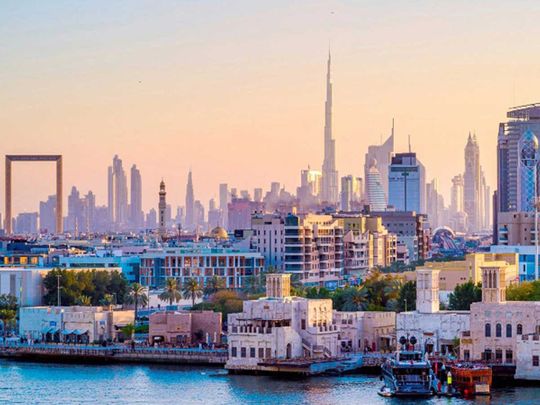
As 2020 rolled in, Dubai saw the announcement of the January 4 Charter, a new chapter in transformational progress for the emirate, by His Highness Sheikh Mohammed Bin Rashid Al Maktoum, Vice-President and Prime Minister of UAE and Ruler of Dubai.
The formation of the Dubai Council, with its goal of renewing the pledge of constant development, is based on six strategic growth trajectories among which is citizens’ services. This domain received a tremendous impetus this week with the announcement of a set of directives that will work to enhance the quality of life for citizens across Dubai’s residential areas. Among the measures are the allocation of Dh500 million for that purpose, a dedicated online platform to receive citizens’ ideas and suggestions on the amenities they want in their neighbourhoods as well as the formation of neighbourhood councils as meeting points for citizens, which will act as hubs for idea exchanges as well as for organising community and social events.
Additionally, these councils will be headed by retired Emirati experts who will channel the citizens’ needs to the Dubai Council which will scrutinise the suggestions for implementation.
Innumerable studies have established the role played by neighbourhoods on the overall satisfaction levels of individuals. From affording people an enhanced sense of well-being to generating higher outcomes in health, social cohesion and productivity, desirable neighbourhoods, as nodes of liveability, are critical requirements in society. And the more people can play a role in shaping their neighbourhood to match their needs and comfort, the more connected they will be to it. This sense of connection is a critical component of a happy society. In fact, when researchers try to determine what exactly constitutes the term, ‘quality of life,’ they often include the matter of neighbourhood and its impact on people’s idea of how satisfied they are in life.
Dubai’s decision to set up neighbourhood councils, therefore, is an excellent decision. By listening to its citizens and their desires, by offering them more opportunities to delineate how they wish to reshape or develop their surroundings, Dubai is, step by step, making its promise of being the happiest city in the world, become a speedy reality.
This grass-root level engagement is another fine example of how an already effective model of social development is being further consolidated through the contributions of its citizens as the agents of change and the architects of their own future.





